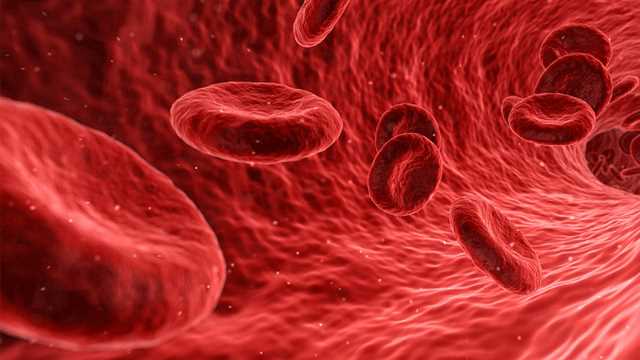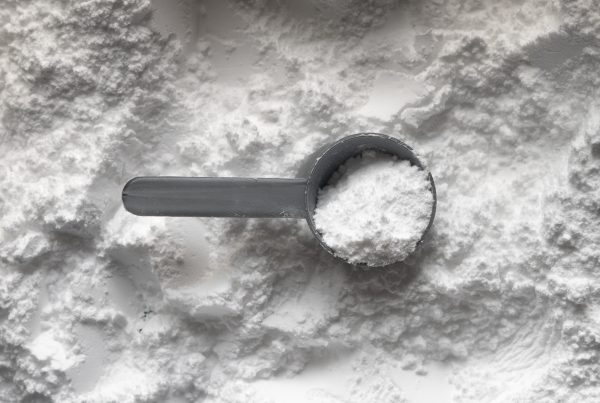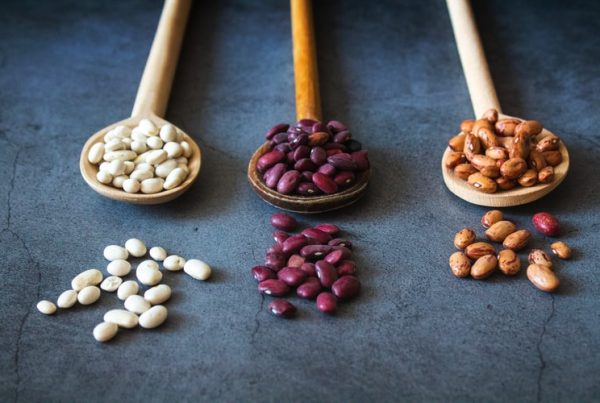by Dr Danica Bonello Spiteri MD MRCP M.Sc.(SRM), M.Sc.(Sp.Biomech)
A young female in her mid-twenties attends for review due to a reduction in her sports performance and general feeling of fatigue, despite eating well and having adequate sleep.
After a check up that was all normal, basic blood tests were done, which resulted in a lower than normal haemoglobin level (red blood cells) and the iron levels in the body were low as well.
This was a result of heavy menstruation with blood clots, that often left her feeling tired and worn out and she was already seeing a gynaecologist about this problem, so it was being taken care of.
Iron is an important mineral that is basically found in every cell of our body. The human body needs iron to make the oxygen-carrying proteins hemoglobin, which is found in red blood cells.
Red blood cells are responsible for carrying vital oxygen to our muscles when we exercise. When you lose blood, your haemoglobin level drops and you tend to get out of breath easily, feel fatigued and struggle to maintain the same level of exercise intensity. This is due to the reduced amount of red cells, hence less ability to carry oxygen to muscles.

A very common cause of blood loss in the female body is due to the monthly menstrual cycle. Blood loss from the intestinal system and red blood cell breakdown due to the impact of the foot on the ground whilst running are other causes, and this is usually seen in male athletes.
It is important to supplement iron in the diet, with green leafy vegetables, such as spinach and kale. If iron is still lacking or on the low side, iron supplements are highly recommended in order to restore adequate iron and in turn haemoglobin levels, so that you can return to your previous high level of sports activity.
Once the athlete was provided with appropriate iron supplementation, her haemoglobin level returned to normal resulting in a return to previous sporting performance and less fatigue throughout the day.




















Recent Comments